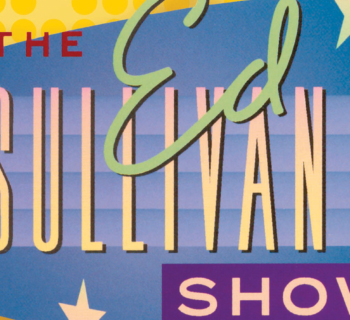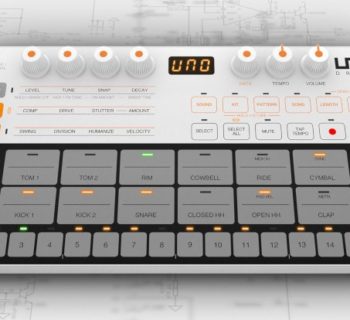Springboard for the Arts just released Work of Art: Business Skills for Artists, a toolkit for artists of all disciplines—from musicians to actors—to plan and thrive in their careers. The toolkit is based on working with thousands of artists and is available for free online. In this piece, Springboard executive director Laura Zabel shares tips to help every musician make a living and a life in the field that they love.
By Laura Zabel
Define success: Knowing how you define success for yourself will shape all of your plans to come, and all the work that you need to do to get there. Defining success as selling Adele-level records takes you along a very different path than defining success as being a self-employed musician in your community. You can set goals for short-, middle —and long-term success—but you have to start by defining what’s important to you.
Make the most of the day: American painter Chuck Close once said, “Amateurs look for inspiration; the rest of us just get up and go to work.” You can’t make a living as a musician if you’re not making music, so you have to make the time to do the work. There are exercises for you to better get a handle on your time, like taking a time audit of your day to find when you are the most productive and least productive, and structuring your goals as time-sensitive tasks to make the most of the 24 hours you have each day to get to work.
Know your margins: Profit margins matter. If you want to be in the business of making money you need to be in the business of knowing if something makes you money and how much. For example, if you’re being offered a guarantee for a show or an opening spot on a tour, knowing your expenses will help you determine if the offer is financially viable. Knowing the margins will help you figure out the right mix and prices for vinyl, CDs, T-shirts and more in your merch offerings.
One(sheet) isn’t enough: It used to take seven touch points to make a sale, now it takes over 13. Which is to say, just having your one-sheet and a demo isn’t going to cut it anymore. Your mixer doesn’t have just two channels, so why should your promotions? Build a multichannel promotional plan and know why you’re doing it. It’s like a power trio; use social, print and merch to broaden, deepen and diversify your reach to potential audience members, collaborators and producers.
Keep your records straight: Not your vinyl collection, your business expenses. Between instruments, studio time, insurance, photography, merch and anything else you can list, there can be a lot of expenses associated with being a professional musician. Take a breath, make a list of all those expenses and use that list to track those expenses and forecast into the future, so that you know just how you’re moving forward financially.
Read More: Free Toolkit and Video Series Dedicated to Artists' Careers
Protect yourself: Remember Sam Smith paying royalties to Tom Petty for “Stay With Me” sounding like “Won’t Back Down” even though Smith claimed it was a “complete coincidence?” You don’t need to score a mega-hit to have legal challenges. Getting literate with legal terminology will help you navigate these waters and make the most from your work. Get up to speed on legal terms, learn the questions that you should ask to protect yourself in contracting, and just in case you have to use one, the Work of Art toolkit has a sample “cease and desist” letter template.
A ticket at the door is the original crowdfunding: Has money really changed that much? No. But the way we get it has—profit from sales, grants, donations, loans, investments, sponsorship and more. You can use the tools handed to you or you can build your own and find ways to adapt them. Entrepreneurs make a life out of DIY thinking and hacking the system. Think through the value you offer and the ways that translates to support for your work, and how you connect with your audience to support your career.
Don’t do it alone: Even if you’re recording your own music in a bedroom closet and playing all your own instruments, you’re going to have to share that music with an audience to get ahead. With your professional career, it may make sense at some point for you to hire an accountant, publicist or manager, or to get legal counsel, and don’t be afraid of doing that. You can’t and shouldn’t have to be an expert in everything. Also, don’t be afraid of working with and sharing with other artists, whether that’s learning together with the Work of Art series, or developing networks of support and encouragement.
Laura Zabel is Executive Director of Springboard for the Arts, an economic and community development agency run by and for artists, which operates Creative Exchange, a platform for sharing stories and helping artists and communities replicate successful development projects. Request a free copy of the Work of Art Toolkit by visiting bit.ly/WorkOfArtToolkit













